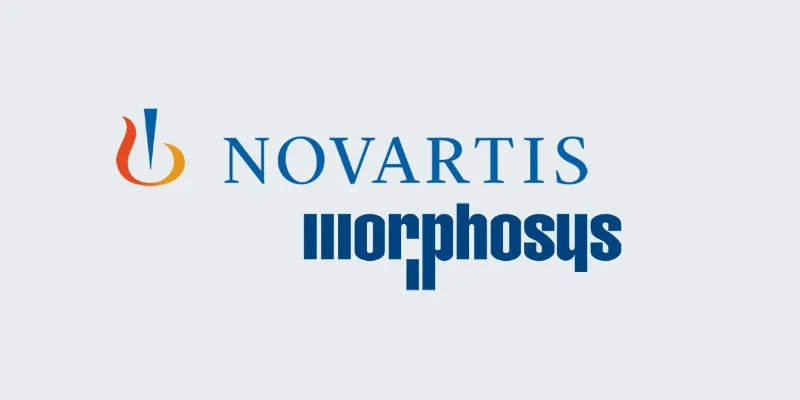Novartis Strengthens Its Oncology Pipeline with the Acquisition of MorphoSys

7 February 2024
Novartis announces its EUR 2.7 billion acquisition of MorphoSys AG, enhancing its oncology pipeline with promising treatments like pelabresib for myelofibrosis and tulmimetostat for solid tumors. The deal, expected to close in H1 2024, marks a bold step in the pharmaceutical industry.
In a significant move poised to reshape the future of oncology, Swiss pharmaceutical giant Novartis has announced plans to acquire MorphoSys AG, a leading biopharmaceutical company based in Germany, for EUR 2.7 billion. This all-cash transaction, valuing MorphoSys shares at EUR 68 each, marks a major step forward in Novartis's strategic push to deepen its roots in cancer research and treatment.
Dr. Shreeram Aradhye, Chief Medical Officer at Novartis, expressed enthusiasm about the acquisition, emphasizing the potential of pelabresib and ruxolitinib to change the treatment landscape for myelofibrosis patients. Dr. Aradhye, stated: “With the planned acquisition of MorphoSys, we aim to further strengthen our leading pipeline and portfolio in oncology, adding to our capabilities and expertise. Building on our long-standing development partnership with MorphoSys, we look forward to continuing our work together to realize the full impact and value of their investigational medicines for patients with unmet needs.”
The acquisition brings two promising drugs into Novartis's oncology pipeline: pelabresib, a late-stage BET inhibitor showing promise against myelofibrosis, and tulmimetostat, an early-stage dual inhibitor targeting EZH1 and EZH2 proteins in solid tumors or lymphomas.
Pelabresib has recently garnered attention following the success of the Phase 3 MANIFEST-2 study, in which it, alongside ruxolitinib, demonstrated significant spleen volume reduction in patients with myelofibrosis who had not previously received JAK inhibitors. This combination not only showed a favorable safety profile but also marked improvement in symptoms, positioning it as a potential game-changer in first-line myelofibrosis treatment. Novartis plans to seek FDA approval in the second half of 2024.
On the other hand, tulmimetostat is exploring new territory in oncology, focusing on the epigenetic modulation of gene expression in various cancers. This innovative approach highlights the evolving landscape of cancer treatment, where research is increasingly directed towards targeted, molecularly driven therapies.
The transaction has received unanimous support from the boards of both Novartis and MorphoSys, signaling a shared commitment to advancing cancer treatment. Set to close in the first half of 2024, subject to regulatory approvals and other customary closing conditions, this acquisition represents a strategic alignment with Novartis's focus on enhancing its oncology portfolio.
About Myelofibrosis
Myelofibrosis, a type of blood cancer within the myeloproliferative neoplasms group, is driven by genetic abnormalities in bone marrow stem cells. It's marked by symptoms such as an enlarged spleen, anemia, fibrosis, and severe fatigue, severely affecting patients' quality of life. Nearly 90% of patients are diagnosed with intermediate- to high-risk disease, facing a poor prognosis. Current treatments like JAK inhibitors offer limited disease control, highlighting the critical need for new, effective therapies that address the disease comprehensively.











Comments
No Comments Yet!